
Read or listen offline
Amazon Kindle
auto-generated audio
1×
Log in to listen to the audio summary.
auto-generated audio
Recommendation
The current debate about immigration policy in the US is heated, but much widespread belief about immigrants is fallacious. Economists Michael Greenstone and Adam Looney help frame the discussion within a more objective context. Their presentation belies many false assumptions. getAbstract considers their report a useful tool for sorting out the complex issues surrounding this contentious public dispute.
Summary
About the Authors
Michael Greenstone is a professor of environmental economics at MIT. Adam Looney is a senior fellow in economic studies and policy director of the Hamilton Project.
By the same authors
Learners who read this summary also read
Book
Book
Book
Book








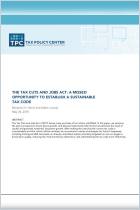

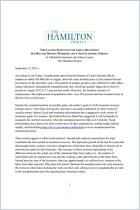
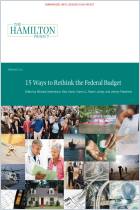


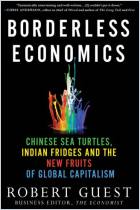
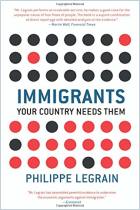
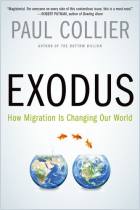




Comment on this summary